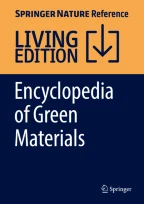
Biochar is a charcoal-like substance that is made by burning organic material from agricultural and forestry wastes in a controlled process called pyrolysis (Spears 2018). It is a dark residue that can withstand thousands of years in soil and is high in pyrogenic carbon. “The solid material obtained from the thermochemical conversion of biomass in an oxygen-limited environment” is how the International Biochar Initiative defines biochar. Pyrolysis, which is the direct thermal decomposition of biomass in the absence of oxygen, produces biochar, a high-carbon, fine-grained residue that is composed of a mixture of solids (the biochar itself), liquids (bio-oil), and gases (syngas). The use of biochar can sustainably increase soil fertility and health while lowering greenhouse gas emissions (Biochar: USDA).